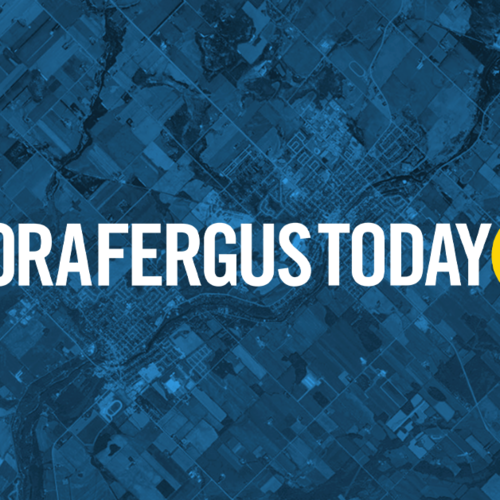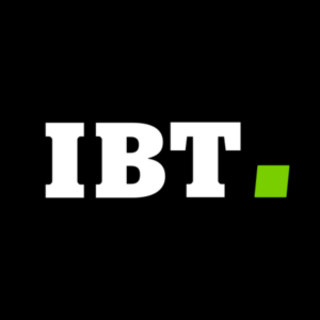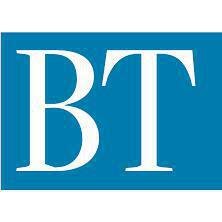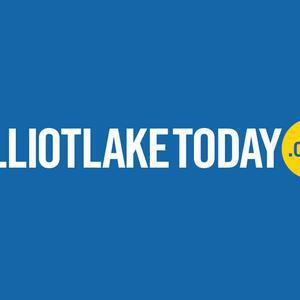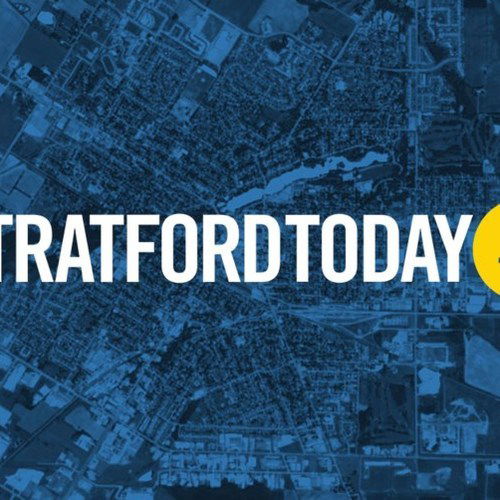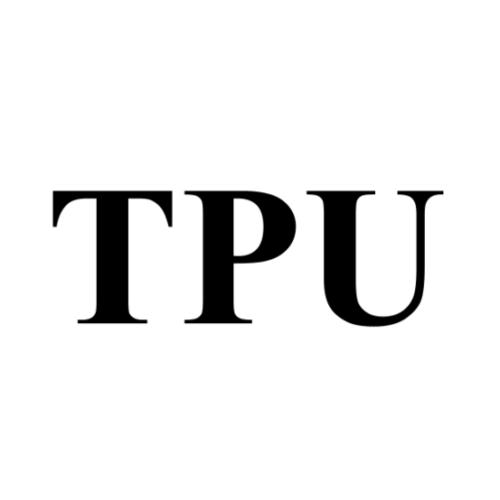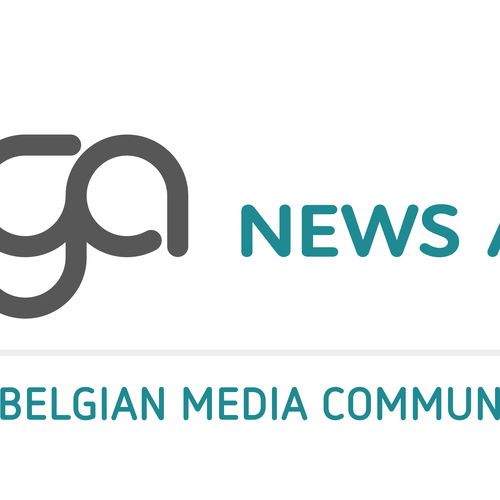Nihon Hidankyo, a Japanese organization representing thousands of survivors of the 1945 U.S. atomic bombings in Hiroshima and Nagasaki, was announced as the recipient of the 2024 Nobel Peace Prize on Friday, Oct. 11. The survivors, also known as hibakusha, were honored for their activism against nuclear weapons.
“The hibakusha helps us describe the indescribable, to think the unthinkable and to grasp the incomprehensible pain and suffering caused by nuclear weapons,” Jorgen Watne Frydnes, the Norwegian Nobel Committee Chairman, said. “The Norwegian Nobel Committee wishes nevertheless to acknowledge one encouraging fact — no nuclear weapons have been used in war in nearly 80 years.”
The prize was awarded as conflicts rage in Ukraine and the Middle East, with the Nobel Committee expressing concern that “the taboo against the use of nuclear weapons is under pressure.”
Last month, Russian President Vladimir Putin announced his country was changing its nuclear doctrine, widening the threats it considered would warrant a nuclear strike from Moscow.
“In awarding this year’s Nobel Peace Prize to Nihon Hidankyo, the Norwegian Nobel Committee wishes to honor all survivors who despite physical suffering and painful memories have chosen to use their costly experience to cultivate hope and engagement for peace,” Frydnes said.
The survivors of the 1945 atomic bombings are the latest anti-nuclear activists to win the peace prize. The most recent of the winners, the International Campaign to Abolish Nuclear Weapons, received the honor in 2017.
Over 200,000 people were killed in the two U.S. atomic bombings. About 114,000 of the approximately 650,000 survivors are still alive today.


















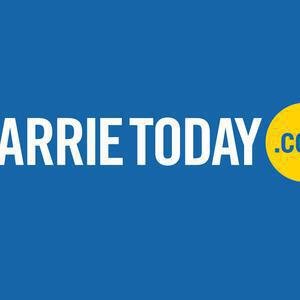

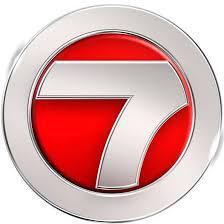



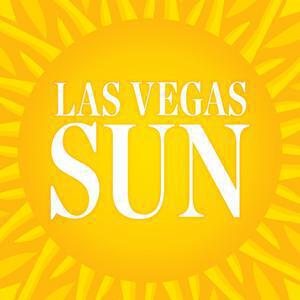









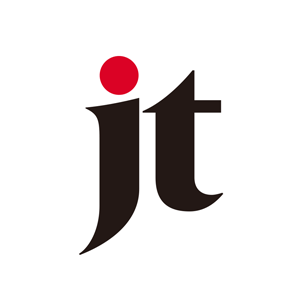











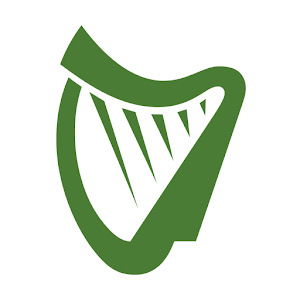








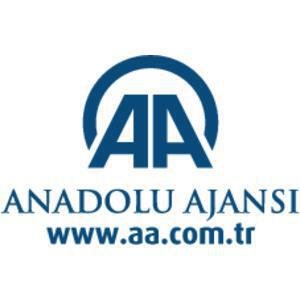

![Sputnik Globe [🇷🇺-affiliated] logo](https://groundnews.b-cdn.net/interests/e68d7b37f05a67679cc6152365afdd6e33dafdc1.jpg)





